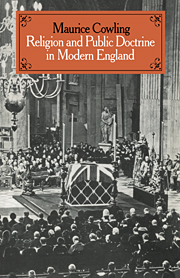Summary
‘Who are “we”? … What is this company of men, women and children that has come out of the “Middle Ages” into the “Modern World” and is now coming out of that into a new world again? … Certainly we are the British people, but we are a larger company than that. We are the French people and the German people too. We are the people of Western Europe and the people of all the new communities which Western Europeans have founded overseas – in Latin America, in the United States, and in the self-governing Dominions of the British Commonwealth of Nations. But we cannot really draw a limit even here; for Western society, in flinging its net round the world, has drawn the whole of mankind into its meshes. The ship on which we are sailing – to destruction or to the next port – has a Western rig but it has become the ship of humanity.’
A. J. Toynbee World Order or Downfall 1930 pp. 7–8.‘If our first precept should be to study our own history, not on its own account but for the part which the West has played in the unification of mankind, our second precept, in studying History as a whole, should be to relegate economic and political history to a subordinate place and give religious history the primacy. For religion, after all, is the serious business of the human race.’
A. J. Toynbee The Unification of the World (1948) in Civilization on Trial 1948 p. 94.- Type
- Chapter
- Information
- Religion and Public Doctrine in Modern England , pp. 19 - 44Publisher: Cambridge University PressPrint publication year: 1980



